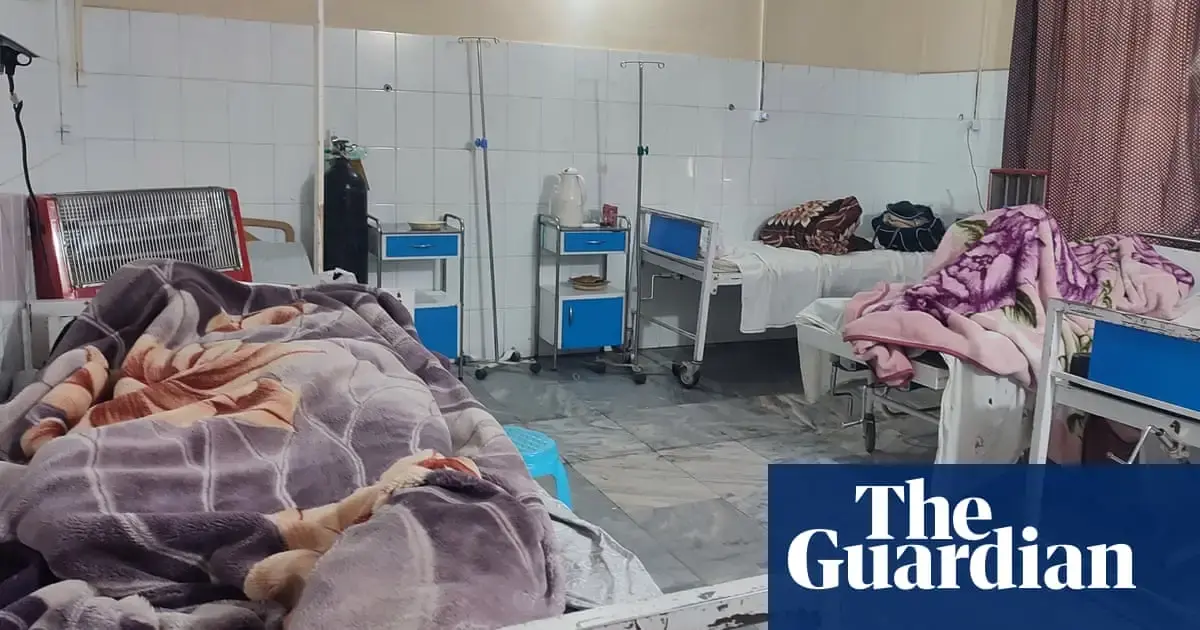First, her dreams of becoming a doctor were dashed by the Taliban’s ban on education. Then her family set up a forced marriage to her cousin, a heroin addict. Latifa* felt her future had been snatched away.
“I had two options: to marry an addict and live a life of misery or take my own life,” said the 18-year-old in a phone interview from her home in central Ghor province. “I chose the latter.”



Removed by mod
I found another article that gives a few numbers.
Removed by mod
two thirds are still two thirds - whether that’s 3 people out of 4 or 750.000 out of 1.000.000. And given that
I think the numbers are really worrying.
Especially if you consider that in the rest of the world the majority of successful suicides are from males. It takes a lot of disparity to bring it to those numbers.
Removed by mod
Dude, they’re saying it’s worrying if 3 out of every 4 people who commit suicide are women
Removed by mod
deleted by creator
Do you think it’s going to be significantly less than in other places? What would be the reason for that?
deleted by creator
I agree that absolute numbers would be very helpful, but stating and sharing trends can definitely be helpful. Not being able to verify them is a problem though.